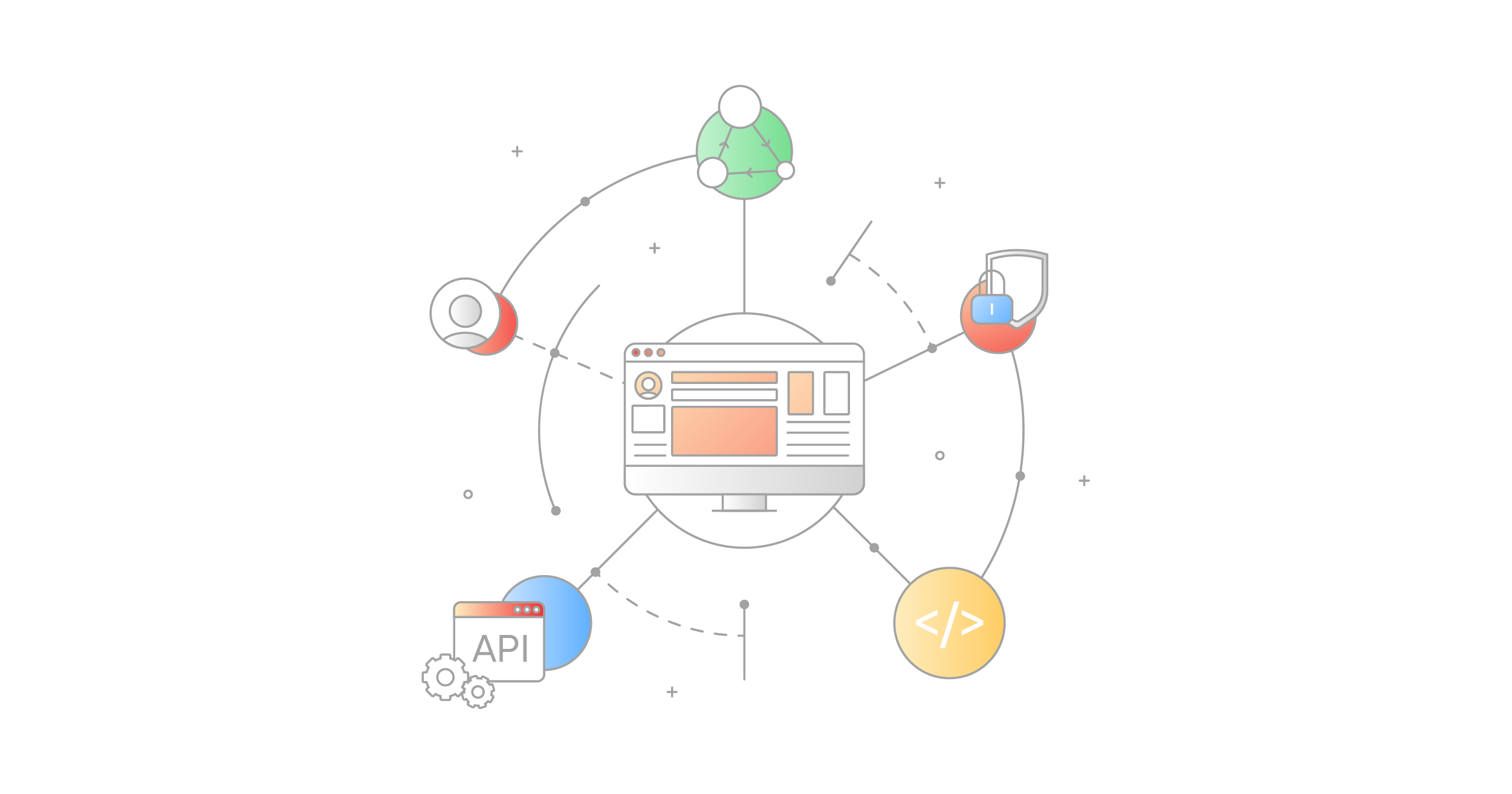Enterprise communication has long faced challenges in keeping up with drastic changes in trends, technologies, and times. In the last decade, one innovation to remedy many of these recurring ills has been Communication-Platform-as-a-Service (CPaaS) technology. CPaaS enables developers to build and integrate communication applications such as SMS, automated emails or WhatsApp messaging into new or existing software, eliminating the need to create entirely new application structures for a single function. This allows for developing flexible omnichannel communication tools that help improve customer experience and retention.
In this article, we explore what to look for in your CPaaS provider so you can make the most out of this digitally transformative solution.
What to look for in your CPaaS provider
Numerous factors will influence your CPaaS provider selection. Some of these will relate to the providers themselves and others will relate more specifically to your business goals. To identify factors that matter to you the most, consider these questions carefully:
- What pain points do you face in your business communications?
- Do you have any existing software solutions that help you create communications applications? If so, what are their deficiencies?
- What are your data privacy and security compliance requirements? For example, are you subject to the European Union’s General Data Protection Regulation (GDPR)?
- Are you in need of solutions for internal (employee-employee) as well as external (employee-customer/vendor/partner) communications?
- Which communication services do your customers use the most?
- What is the experience of your development team in implementing communications applications?
- Does your existing software stack allow for third-party API connections?
Once you have thought through your requirements in detail, you can score vendors against the following markers of CPaaS provider quality:
1. Ease of implementation
There is little point in choosing a CPaaS provider that requires a detailed understanding of technologies or languages that your team is not familiar with. Likewise, there is little point in selecting a provider that does not readily support you if the integration proves more difficult than you thought. It’s worthwhile noting that these are the most common languages for communications APIs:
- C# (.NET)
- cURL
- Java (Android)
- Node.js
- Objective-C
- PHP
- Python
- Ruby
Initial onboarding is another critical point to consider here. Some companies will offer a step-by-step bespoke onboarding to get you set up with their software, whereas others simply provide documentation (either in an email sequence or a central repository) for you to follow by yourself. Consider the level of implementation support you will need prior to selecting a provider to ensure you are not left in the dark when you’ve already committed.
2. Developer community
Developers are usually the first to admit that when they face a problem in their code, the first thing they do is search for the solution online. This is the case even with the most senior of developers, so ensuring that there is an active and helpful developer community available for the provider you’re considering is worthwhile prior to subscribing to a given CPaaS service.
Within those communities, developer forums can be a fantastic source of knowledge and reassurance for your team. They are also an excellent place to share product development ideas and suggestions, which actually means you get a say in shaping the communications platform in a way that would suit your business.
3. API availability
Communications is a very broad category that includes several different types of communication styles and technology. For this reason, it is important to make sure the provider you choose has a range of communication APIs available.
Here are just a few of the most popular messaging APIs you might want to use in your application:
• SMS API
• WhatsApp Business API
• Telegram API
Other types of API allow for voice and video calls, emails, RSS feeds, push notifications, and even emergency service calls, making it possible to integrate a near endless list of communications features in your applications.
4. Reliability and security
Communications are key to developing and maintaining relationships with your customers, so it is imperative you choose a CPaaS provider that has excellent reliability and security. There is, after all, no point in developing effective communications applications if your provider lets you down often or is on the wrong side of security regulations.
The best providers are transparent about their up-time and open about how their software complies with various data privacy and security regulations around the world. This should make it easy for you to choose a provider whose technology can be a solid addition to your stack.
5. Account manager
This may seem like a no-brainer, but several CPaaS providers may not have a dedicated account manager for you. Instead, you’re left to deal with endless back-and-forth with customer support representatives. Asking for an account manager ensures your peace of mind and proves that the company you choose as your service provider can be there for you at any time and for any problem.
Conclusion
CPaaS provider selection is important, so spend the time early on in the adoption and implementation process researching which providers will meet the demands of your business and choose the one that complements it the most. The last thing you want to do is deploy resources that will later need remapping to a new CPaaS provider. If you need extra help deciding what is right for your business, get in touch with our expert sales team today.


